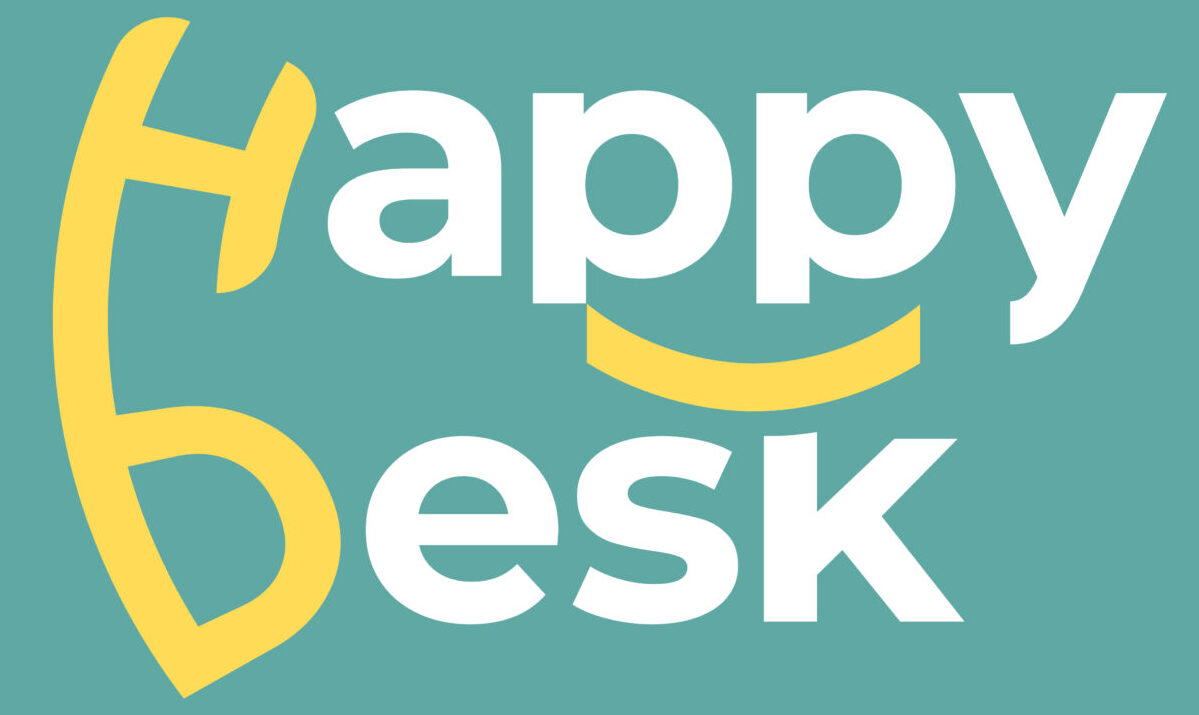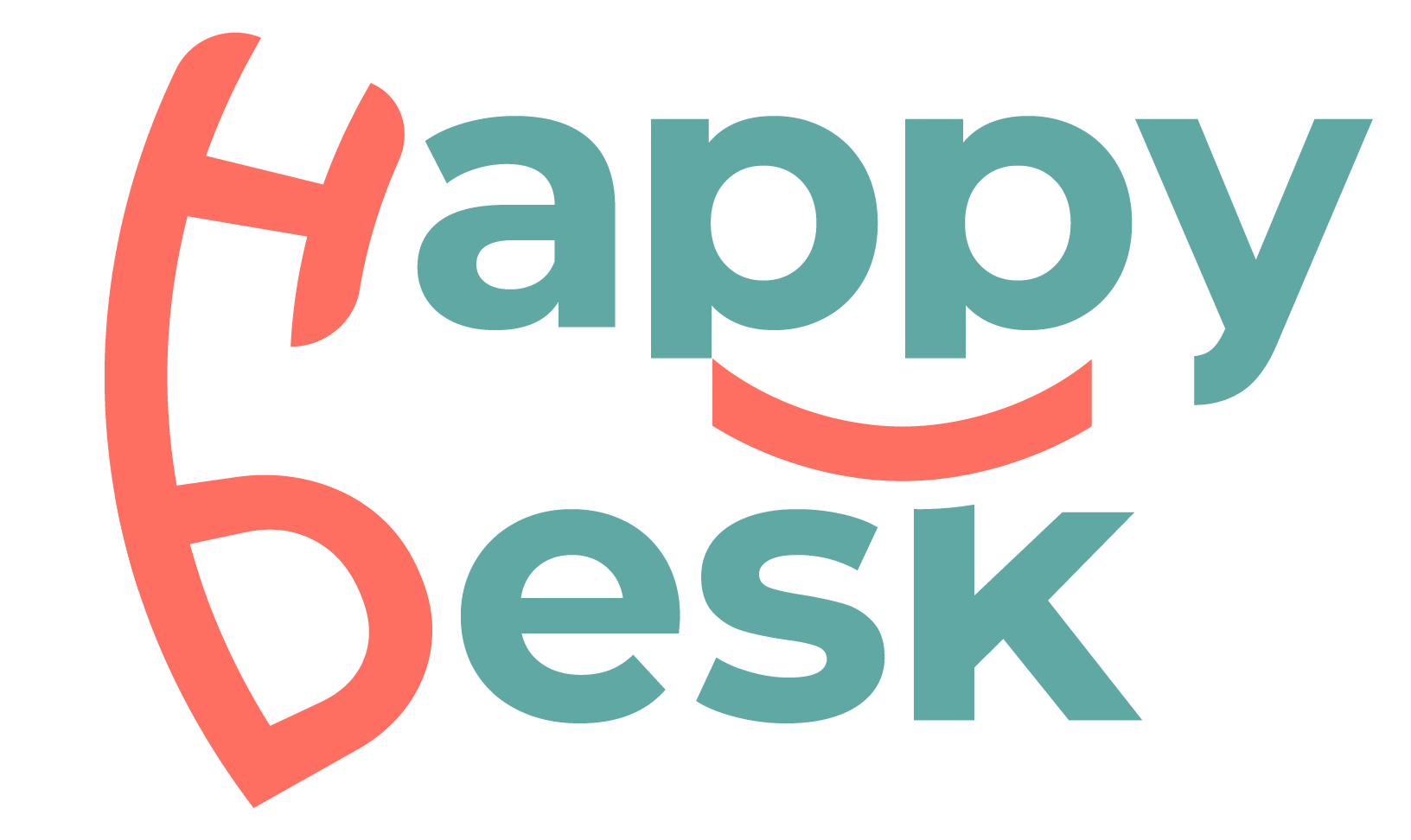Client retention isn’t just about the quality of your sessions—it’s also about the quality of your systems. One of the most powerful (and often overlooked) tools for maintaining a strong therapeutic relationship is timely communication. When clients feel acknowledged, supported, and informed between sessions, they’re more likely to stick with care—and refer others.
Communication breakdowns are among the top reasons clients leave therapy. Missed messages, delayed responses, or confusing instructions create friction that can chip away at trust. On the flip side, when communication is clear and timely, it reinforces the therapeutic alliance. Clients feel that their time, needs, and healing process are respected.
Virtual receptionist services can play a crucial role in this dynamic. By ensuring every call, message, and inquiry is acknowledged promptly, these services help keep the communication loop tight and consistent. One therapist we support shared: “I didn’t realize how many clients I was unintentionally ghosting just because I couldn’t keep up with messages. Now, with Happy Desk handling the front end, retention has noticeably improved.”
Communication also reduces anxiety. For many clients, even small unknowns—like not knowing whether their appointment is confirmed—can trigger stress. Regular, proactive contact (reminders, updates, and even brief check-ins) helps clients feel secure.
Good communication systems include multiple touchpoints: welcome emails, intake instructions, reminders, cancellation protocols, and quick responses to rescheduling requests. These don’t have to be handled by you directly. In fact, delegation often enhances consistency. With virtual receptionist support, each point of contact can be timely, accurate, and aligned with your tone.
Another often-overlooked factor is how client communication influences online reviews and word-of-mouth referrals. A client who feels respected and well-supported is more likely to leave a positive review, which in turn brings more ideal-fit clients to your practice. Communication is not just a retention tool—it’s a growth strategy.
Therapists who use centralized systems, whether through practice management software or external services like Happy Desk, are better equipped to track communication touchpoints and ensure nothing slips through the cracks. These systems also make it easier to personalize follow-ups, like sending a thoughtful message after a client’s first session or acknowledging client anniversaries.
Additionally, consistent communication fosters client empowerment. When clients receive clear information about scheduling, payments, and what to expect, they feel more in control of their therapeutic journey. That autonomy increases satisfaction and long-term engagement.
Remember: people stay where they feel valued. And communication is how you show value, even when you’re not in the room.
Happy Highlight
Therapy doesn’t just happen in session. It happens in every email, every call, and every system that helps your client feel cared for.
Want help setting up a communication system that supports client retention? Contact us to learn more about Happy Desk.







